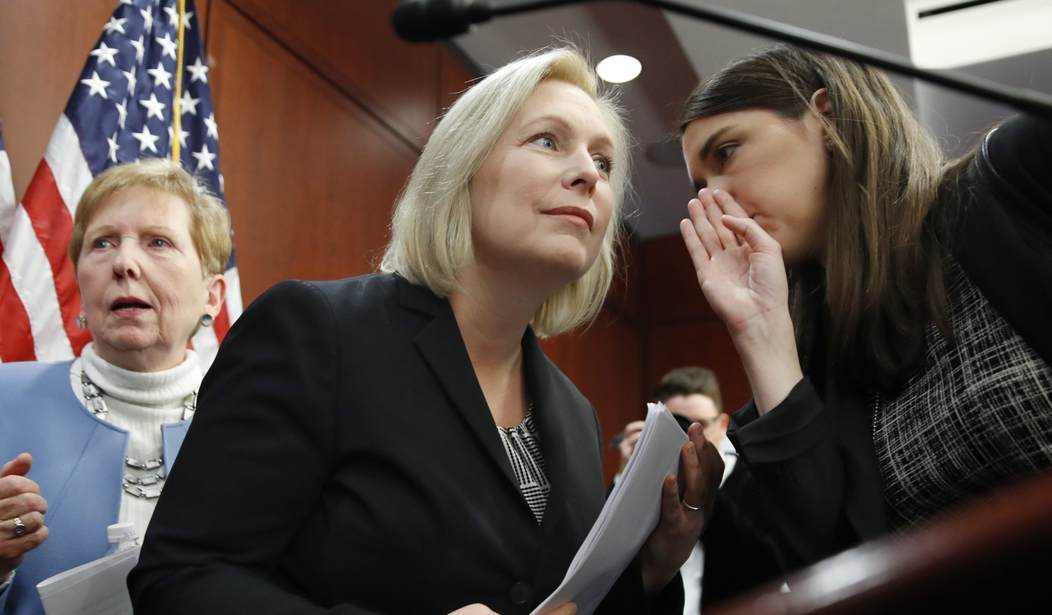WASHINGTON — Sen. Kirsten Gillibrand (D-N.Y.) wants to get the U.S. Postal Service into the banking business.
Arguing that traditional banks are forcing low-income people, rural Americans and minority communities into the arms of predatory high-interest payday lenders, Gillibrand introduced a bill this week to establish a bank branch in each of the country’s post offices.
“Millions of Americans are being forced into payday lending schemes that only exacerbate their money problems, and Congress has the ability to wipe out these predatory practices right now by creating a Postal Bank that would be accessible to everyone, everywhere,” Gillibrand said in a statement announcing the bill.
“For millions of families who have no access or limited access to a traditional bank, the simple act of cashing a paycheck or taking out a small loan to fix a car or pay the gas bill can end up costing thousands of dollars in interest and fees that are nearly impossible to pay off,” she added. “The Postal Bank would solve this problem by putting a retail bank branch in all of the U.S. Postal Service’s 30,000 locations, providing low-cost, basic financial services to all Americans, and effectively ending predatory lending nationwide. Politicians in Washington have taken millions of dollars from payday lenders to help protect this industry’s predatory behavior on hardworking families, and it has to stop.”
Under Gillibrand’s plan, the new Postal Bank would offer low-cost checking accounts, small-dollar interest-bearing savings accounts, low-fee and low-interest micro loans, debit cards and low-fee ATMs, online services like bill payment, and domestic and international wire transfers.
The senator’s office predicted the Postal Bank “would effectively wipe out predatory payday lending industry practices because low-income workers would be able to take out low-interest, small-dollar loans from the Postal Bank instead of being forced to rely on predatory payday lenders.”
Though Americans of all income levels would be able to use the bank, it “would specifically benefit low-income households that have limited or no access to traditional banks,” Gillibrand’s office said.








Join the conversation as a VIP Member